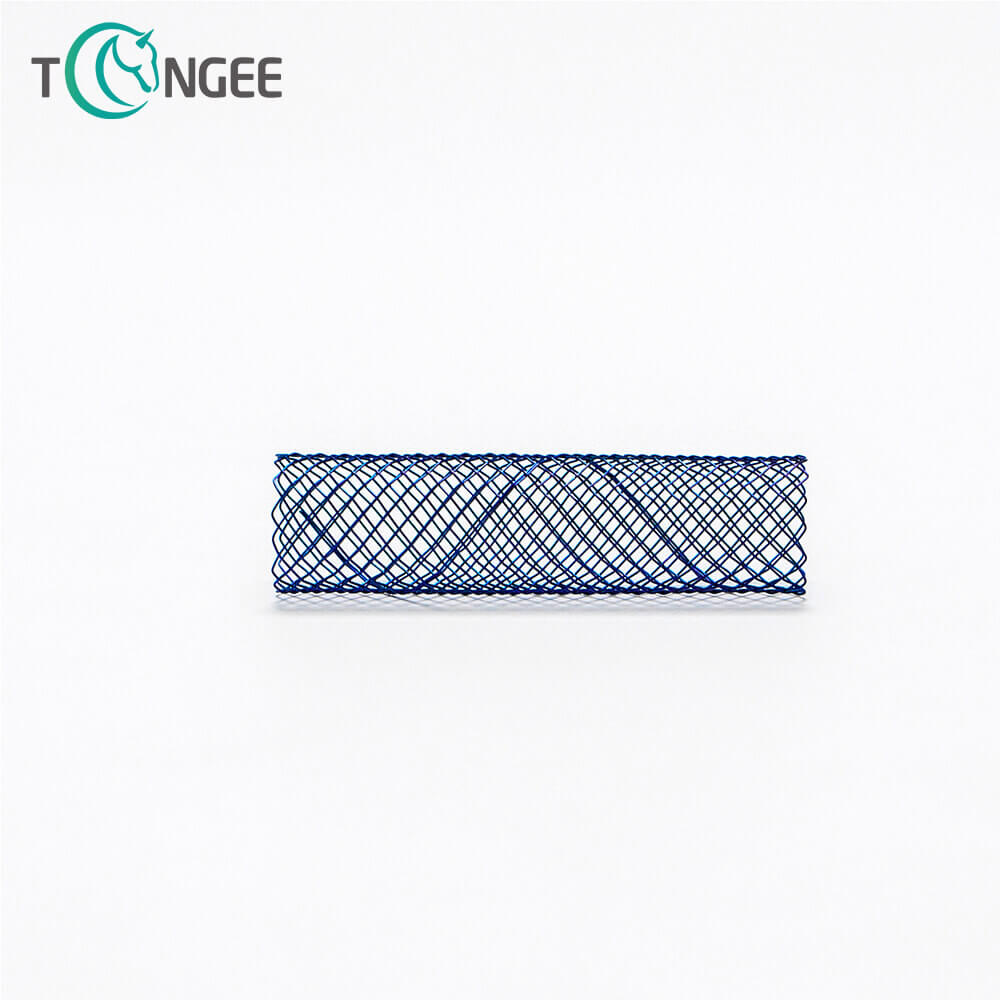Views: 118 Author: Site Editor Publish Time: 2024-03-20 Origin: Site

When you have a bile duct stent, it's important to follow dietary guidelines provided by your healthcare provider or dietitian. While there may not be specific foods that you must avoid entirely, there are certain dietary considerations that can help minimize the risk of complications and ensure optimal functioning of the stent. Here are some general dietary recommendations:
Limit Fat Intake: High-fat foods can stimulate bile production, which may increase the workload on the liver and bile ducts. Limit your intake of fried foods, fatty meats, full-fat dairy products, and rich desserts to reduce the strain on your digestive system.
Avoid Spicy Foods: Spicy foods may irritate the digestive tract and cause discomfort, especially if you have a sensitive stomach or if you experience acid reflux. It's best to avoid or limit spicy foods such as hot peppers, chili peppers, and spicy sauces.
Moderate Alcohol Consumption: Alcohol can affect liver function and may exacerbate symptoms related to bile duct issues. If you choose to consume alcohol, do so in moderation and consult with your healthcare provider about any specific recommendations based on your individual situation.
Be Cautious with Raw Produce: Raw fruits and vegetables, particularly those with tough skins or seeds, may be difficult to digest and could potentially cause discomfort or blockages in the bile ducts. Consider cooking or steaming vegetables and removing the skins from fruits to make them easier to digest.
Stay Hydrated: Drinking plenty of water is important for maintaining hydration and supporting digestive health. Aim to drink at least eight glasses of water per day, unless otherwise advised by your healthcare provider.
Monitor Symptoms: Pay attention to how your body responds to different foods and beverages. If you notice any discomfort, bloating, or changes in bowel habits after eating certain foods, consider avoiding or limiting them in your diet.
It's essential to consult with your healthcare provider or a registered dietitian for personalized dietary recommendations based on your specific medical condition, overall health, and individual dietary needs. They can provide guidance tailored to your situation and help you make informed choices to support your health and well-being while living with a bile duct stent.